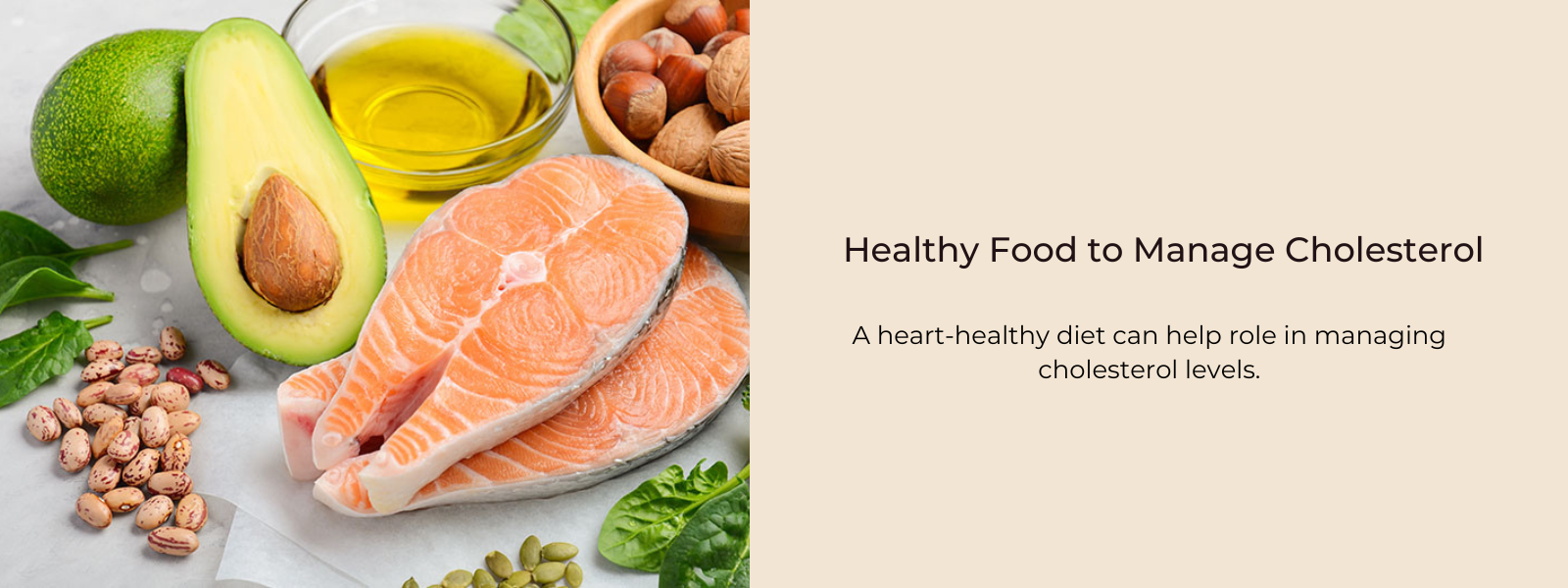The "Cholesterol Myth" encompasses several misconceptions about cholesterol and heart health. Contrary to popular belief, not all cholesterol is harmful; the body requires it for vital functions. While high levels of LDL cholesterol are associated with heart disease, dietary cholesterol has a minimal impact on blood cholesterol levels for most people. Moreover, reducing cholesterol alone may not significantly decrease heart disease risk, as other factors like blood pressure, smoking, and obesity also play crucial roles. Additionally, the idea that everyone should take cholesterol-lowering medications is questionable, as these drugs may carry risks and may not be necessary for everyone. Overall, understanding the complexities of cholesterol and its role in heart health can help dispel common myths and promote a more nuanced approach to cardiovascular wellness. Read to get a detailed exploration of some common misconceptions.
All Cholesterol is Bad:
One of the most pervasive myths is that all cholesterol is harmful to health. In reality, cholesterol is a vital substance that the body needs to function properly. It is used to build cell membranes, produce hormones like estrogen and testosterone, and create bile acids that aid in digestion. Cholesterol is transported in the bloodstream by lipoproteins, which include low-density lipoprotein (LDL) and high-density lipoprotein (HDL). While high levels of LDL cholesterol ("bad" cholesterol) are associated with an increased risk of heart disease, HDL cholesterol ("good" cholesterol) actually helps remove LDL cholesterol from the bloodstream.
Dietary Cholesterol Causes Heart Disease:
For many years, it was believed that consuming foods high in cholesterol, such as eggs and shrimp, directly raised blood cholesterol levels and increased the risk of heart disease. However, research has shown that dietary cholesterol has a relatively small impact on blood cholesterol levels for most people. Instead, it is the consumption of saturated and trans fats, as well as excessive calories leading to weight gain, that have a more significant effect on cholesterol levels and heart health.
Lowering Cholesterol Automatically Reduces Heart Disease Risk:
While lowering LDL cholesterol levels can reduce the risk of heart disease for some individuals, it's not the only factor to consider. Other risk factors, such as high blood pressure, smoking, diabetes, obesity, and family history, also play crucial roles in heart health. Additionally, the quality of cholesterol (i.e., the size and density of LDL particles) may be more important than the total cholesterol level alone. For example, small, dense LDL particles are more likely to contribute to plaque buildup in arteries compared to larger, fluffy LDL particles.
Everyone Should Take Cholesterol-Lowering Medications:
While some medications like statins can be effective in lowering LDL cholesterol levels and reducing the risk of heart disease, they may not be necessary or appropriate for everyone. The decision to prescribe statins should be based on an individual's overall cardiovascular risk, taking into account factors such as age, gender, family history, smoking status, blood pressure, and other health conditions. Some individuals may be able to achieve cholesterol goals through lifestyle modifications alone, while others may benefit from a combination of lifestyle changes and medication.
High Cholesterol Always Requires Treatment:
Not all cases of high cholesterol require immediate medical intervention. In some cases, particularly in younger individuals with no other risk factors for heart disease, mildly elevated cholesterol levels may be managed through lifestyle changes alone. Additionally, cholesterol levels can fluctuate over time, so a single elevated reading may not necessarily indicate a chronic problem. Regular monitoring and discussion with a healthcare provider can help determine the most appropriate course of action.
Natural Approaches Are Ineffective:
Another misconception is that natural approaches to lowering cholesterol, such as dietary changes, exercise, and supplements, are ineffective compared to medication. While medication may be necessary for some individuals, lifestyle modifications can have a significant impact on cholesterol levels and overall heart health. For many people, adopting a healthy diet, engaging in regular physical activity, maintaining a healthy weight, and managing stress can lead to meaningful improvements in cholesterol levels and reduce the risk of heart disease.
Conclusion:
In summary, while cholesterol plays a critical role in heart health, there are several misconceptions surrounding its impact and management. Understanding the nuances of cholesterol and its relationship to heart disease can help dispel these myths and empower individuals to make informed decisions about their health. It's important to consult with a healthcare professional for personalized guidance and recommendations based on individual risk factors and health status.











Leave a comment